Throughout many parts of the world, Pride parades are light-filled celebrations of our diverse LGBTQIA+ community, but they are also an opportunity to reflect and continue to drive change. Pride began as – and remains – a march in solidarity. Solidarity to overcome societal and legal marginalization. Solidarity to be able to be ourselves. Solidarity to achieve equality for all.
The struggle and battles for fundamental and intersectional LGBTQIA+ rights continue today. It's more important than ever to speak up in solidarity and stand together.
Many regions throughout the world showcase the celebratory aspects of Gay Pride events and the global media runs with them becaused glitter-filled parades with people dancing on top of colorful floats sells.
However, there are many regions—largely throughout the Global South—that can't come anywhere near celebrating and their stories get lost among the festivities from other countries. These are important stories that need to be heard. These are people who continuously fight for equality: flecks of glitter which have never been allowed to sparkle. Our global LGBTQIA+ community and society at large must come together in solidarity so everyone can sparkle in the light of true equality.
This year, we are focusing on how solidarity within, and outside, the LGBTQIA+ community looks around the world. Thoughtworkers from a variety of countries have shared their thoughts on what solidarity means to them in regards to Pride:
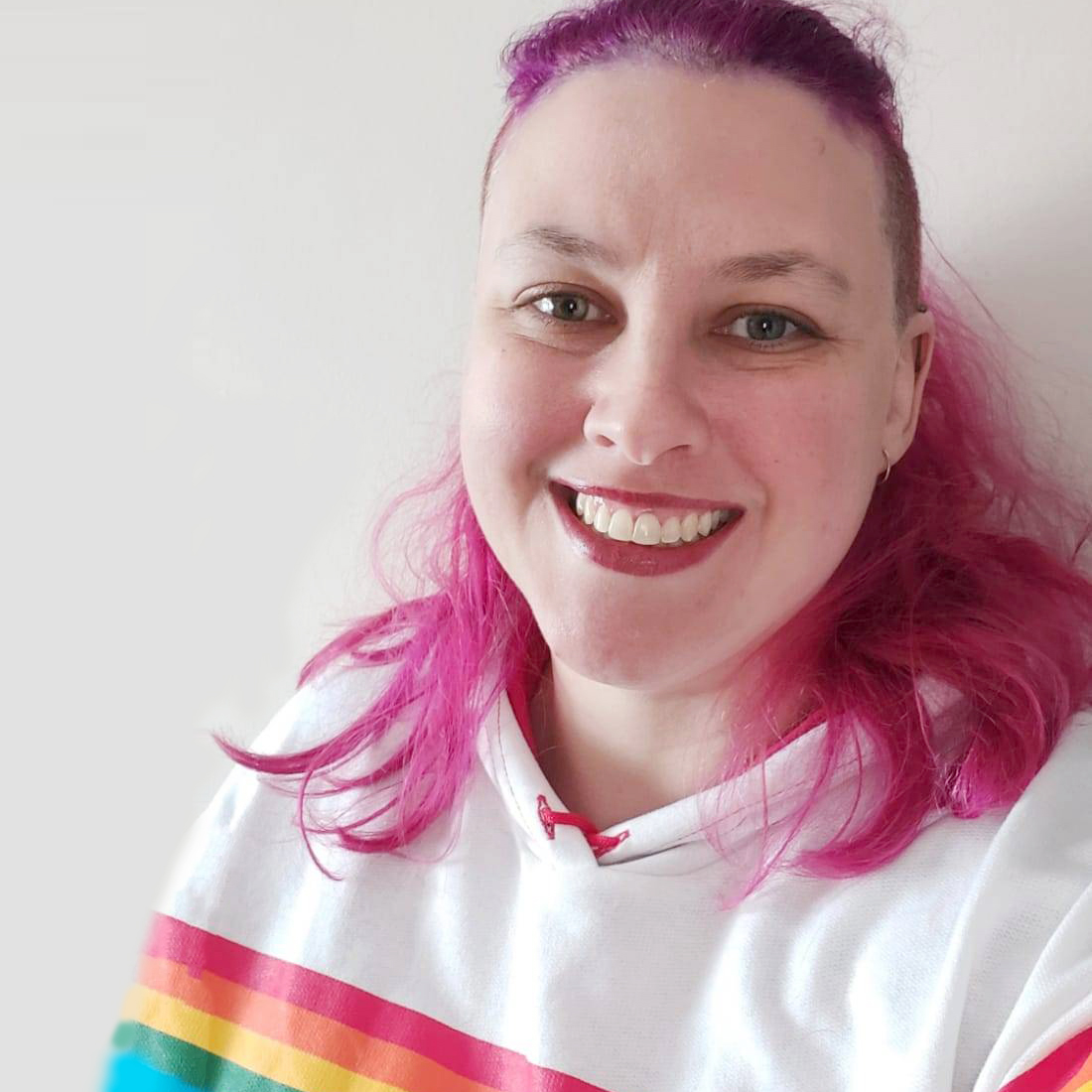
Susana Santos - She/Her
Brazil“For me it means that we can't take our accomplishments for granted. As long as society continues to be prejudiced, our accomplishments will always be at risk. In recent history we achieved a lot of rights for LGBTQIA+ community in Brazil: same-sex marriage, name and gender change on official documents, child adoption etc. However, with the rise of conservative politics we are facing the threat of those rights. Especially trans folks who were the most affected during the military dictatorship are fearing not only for rights, but also for their lives. According to Trans Murder Monitoring Brazil is the country that murders more trans and travestis* people, with conservatism politics this number will only increase.”
*Travesti is a South American identity.

Cyndy Bangsalee - She/Her
Thailand“Equality for LGBTQIA+ folks in Thailand means ‘legal equality.’ While we are more socially accepted by our society, we want to be legally accepted as well. We pay the tax as same as others but we still cannot get married, change our sex designation on identity document adopt or parent children, etc. It would be true equality if we got what we deserved.”
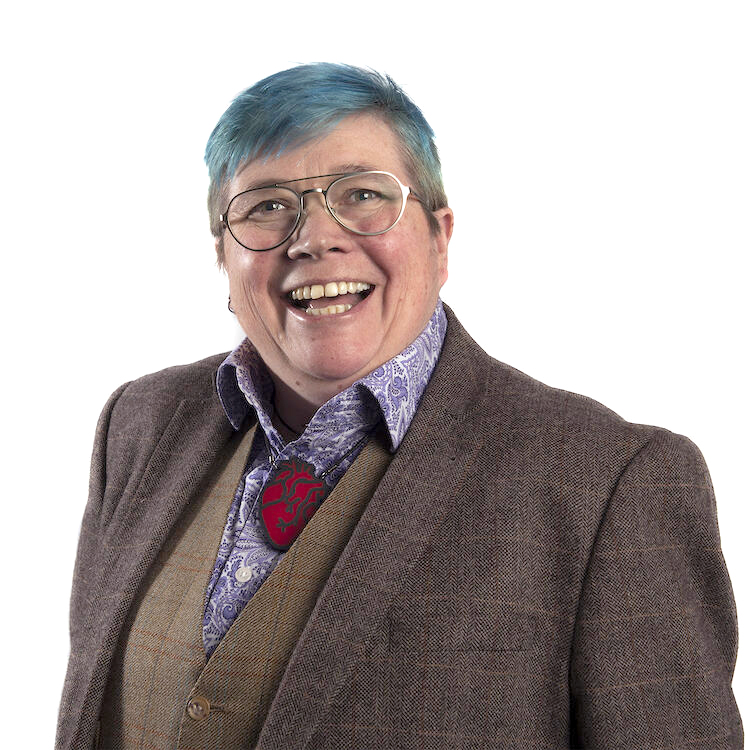
Dr J Harrison - They/Them
UK“As someone whose human rights are under debate, it is scary at the moment. In the UK, the conservative right are using trans and non-binary rights as a wedge to break apart the LGBTQIA+ community. My right to have my identity recognised, let alone not be discriminated against as a Non-binary person, is not secure. Equality for all is recognising that the fight for our rights didn’t end with gay marriage. There are LGBTQIA+ people who are at risk from conversion therapy, deportation to a country where their LGBTQIA+ identities put them at risk, there is increased homelessness and unemployment in LGBTQIA+ youth and there are impacts on health and mental wellbeing that come with this. We don’t all get the equal opportunity to thrive, being unapologetically, unashamedly, authentically ourselves.”

Gabi Andrade - She/Her
Brazil“It means that we still have much ground to cover in order to have equality. There are laws to be made, culture to be changed and prejudice and stereotypes to be deconstructed.”
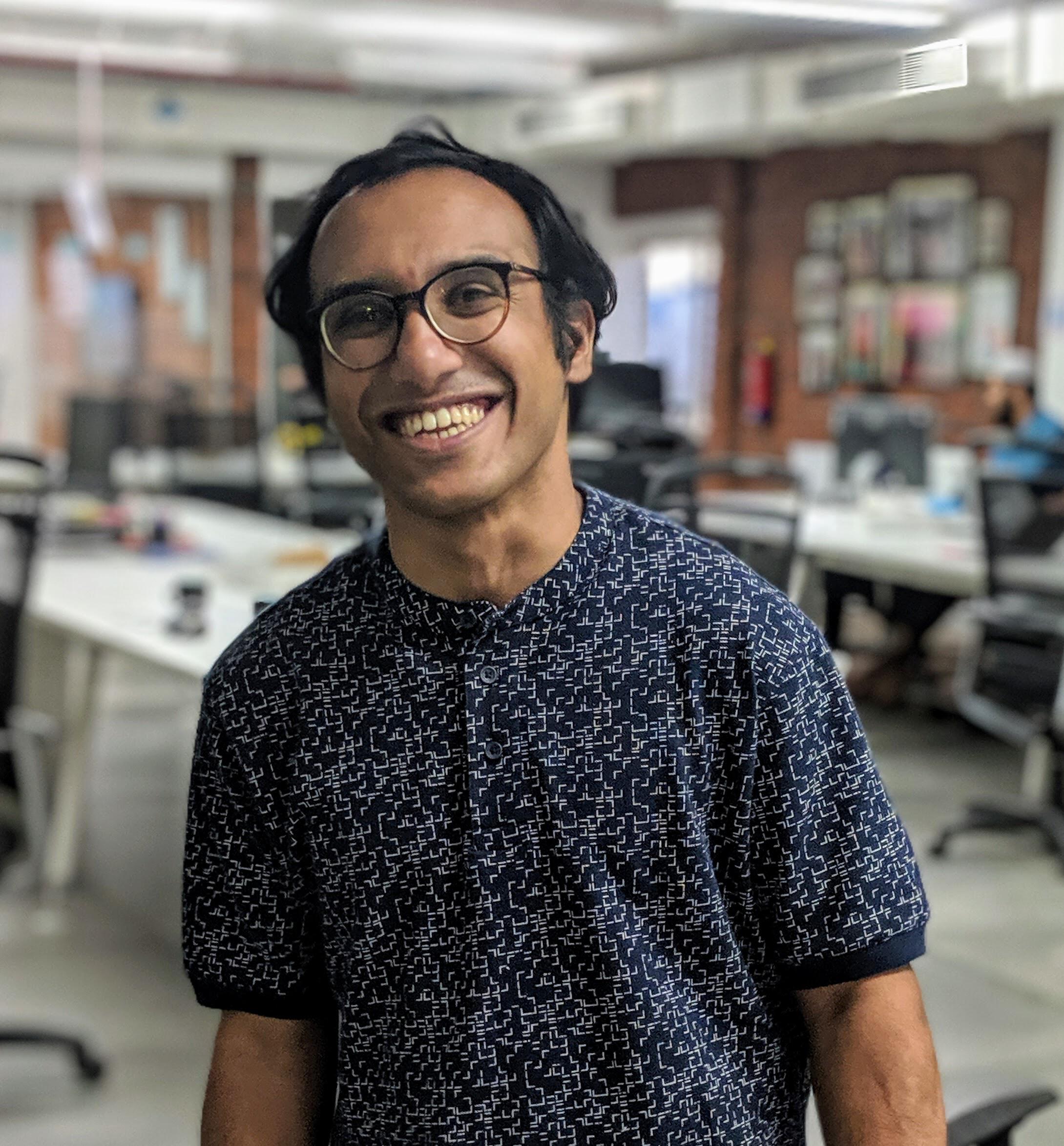
Karthik Darmasetti - They/Them
India“The LGBTQIA+ experiences across the world are as diverse as the LGBTQIA+ community itself. The theme speaks to these experiences and current and ongoing challenges. The struggle for equality of LGBTQIA+ across the globe continues. The LGBTQIA+ experience in India is further coloured by the intersectional experiences of caste, religion, language and socio-economic factors. The definition of equality for LGBTQIA+ folks needs to envelop all these factors. There is no single definition of equality for LGBTQIA+ folks from India. The LGBTQIA+ folks in the Indian subcontinent have been adversely impacted by British colonialism. The biggest struggle for queer people is the mainstream acceptance in the society, without the prejudice of the British colonialism, and Western influence.“
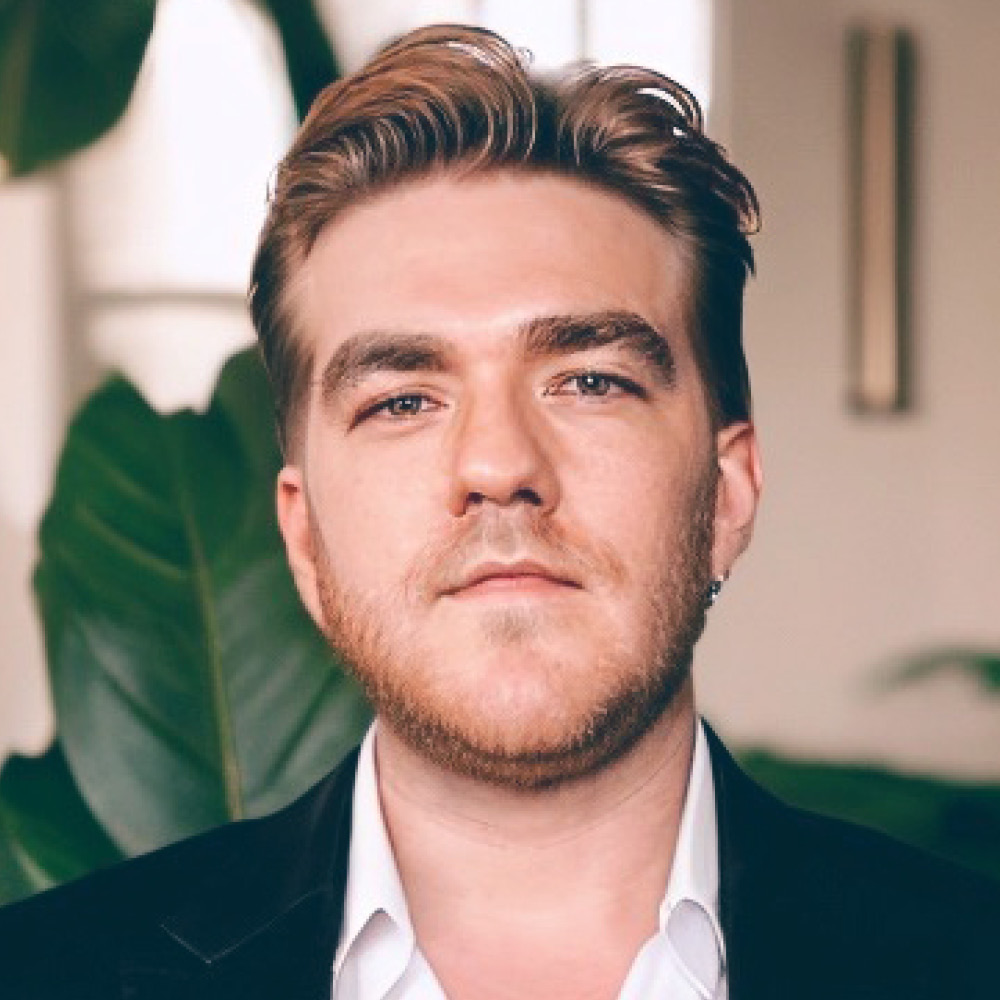
Edward Hutchins - He/Him
Singapore“Homosexuality is still illegal in Singapore. There are no anti-discrimination laws in place to protect LGBTQIA+ people from violence, and unfair treatment inside or outside the workplace. We can’t parade in the streets, get married or adopt children. There is so much more work to be done to remove the societal perception that LGBTQIA+ folks are immoral, wrong and harmful to society and allow people to safely live their honest, true lives.”
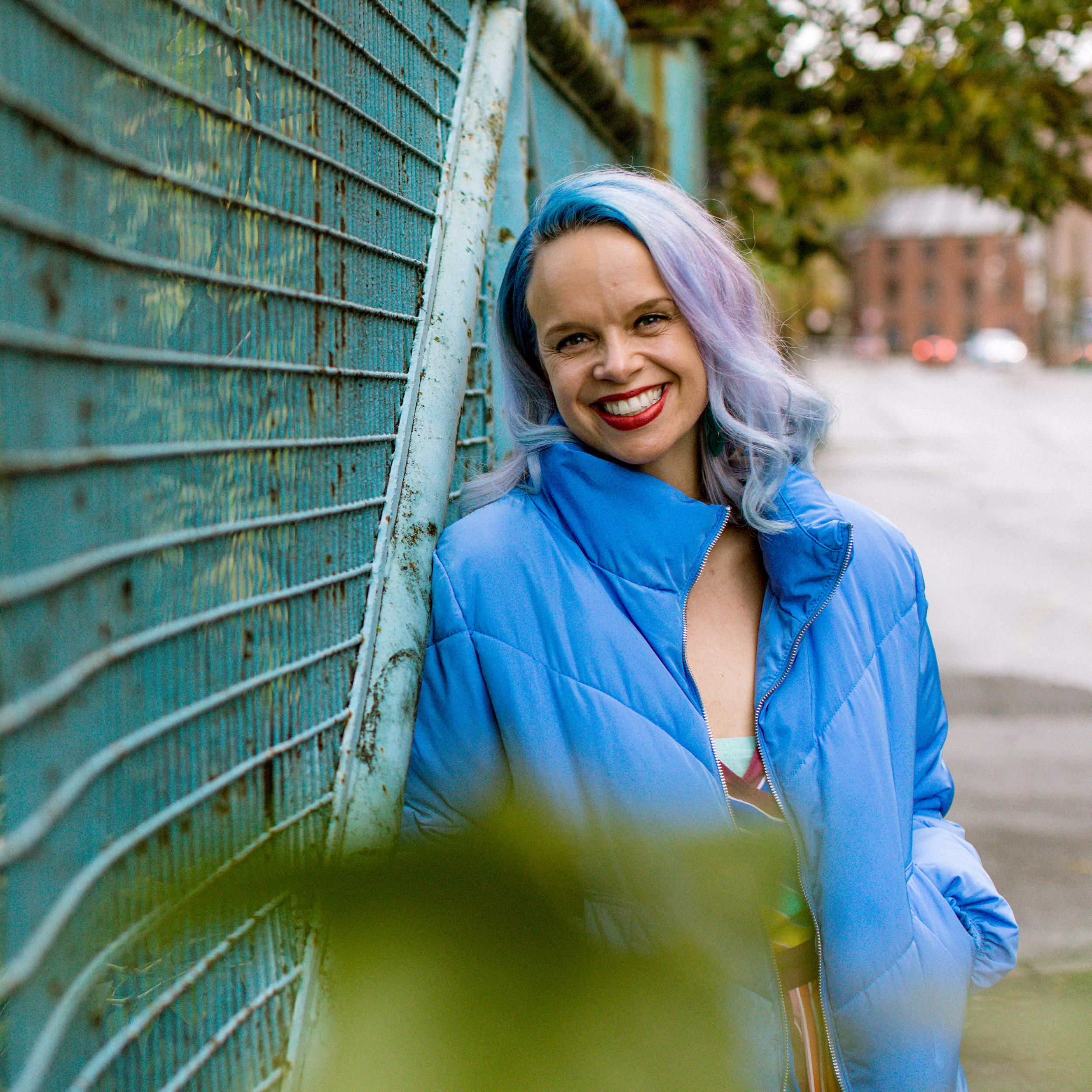
Amy Lynch - She/Her
UK“I believe everyone deserves to be able to live authentically and be safe and respected when doing so. Sadly, this is a privilege not afforded to all. As a straight, cis woman I have never been challenged on the bathroom I’m using, or had to worry about losing friends or family because of my partner’s gender and I can only imagine how exhausting it must be, constantly navigating the public risk of homophobic, biphobic or transphobic abuse. This is why I care about LGBTQIA+ inclusion. There are still so many barriers and challenges, particularly for trans & non-binary folks, bi, intersex and asexual people and for those with multiple marginalised identities, like queer people of colour, faith and those with disabilities. It’s up to us all to stand in solidarity, listen, learn and push for progress with and for the whole LGBTQIA+ community.”
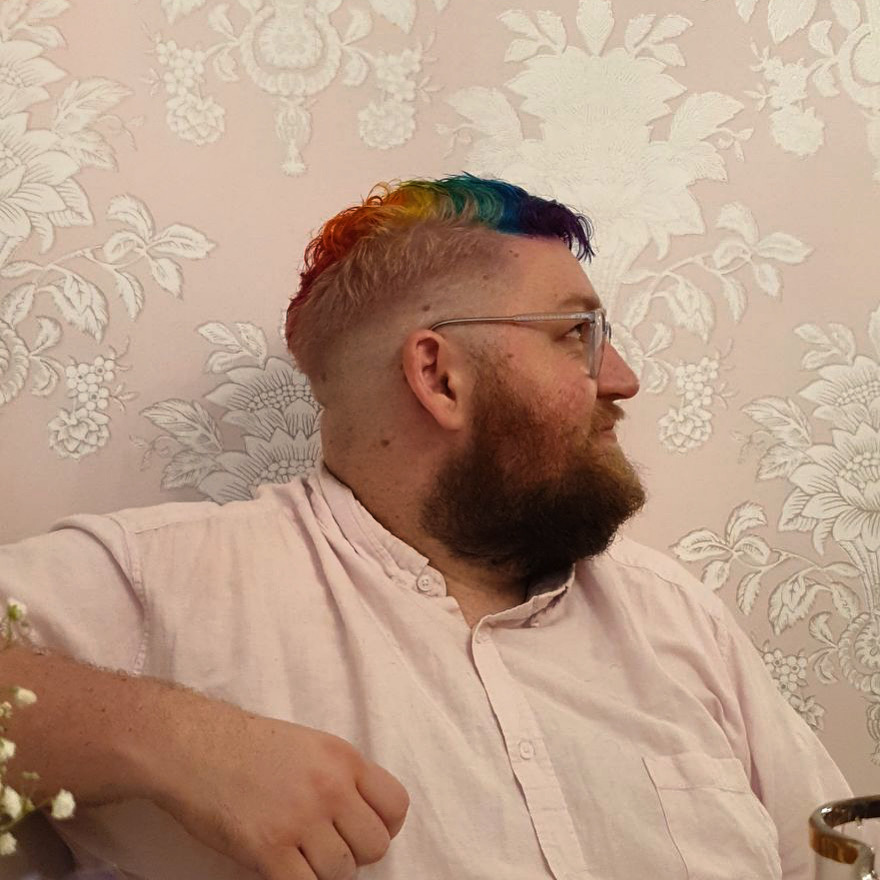
Ben Caunt - He/Him
Australia“We have to recognize the disparity around the globe that LGBTQIA+ people experience when it comes to existing as themselves. We have some areas that are further along in the fight for equality, some that are still very early on on that journey and others who have sadly been pulled backwards. Our theme for this Pride month is a reflection of the need to celebrate the wins but also continue to fight for each other's right to exist free from persecution and prejudice. The fight is not over despite the progress made.”
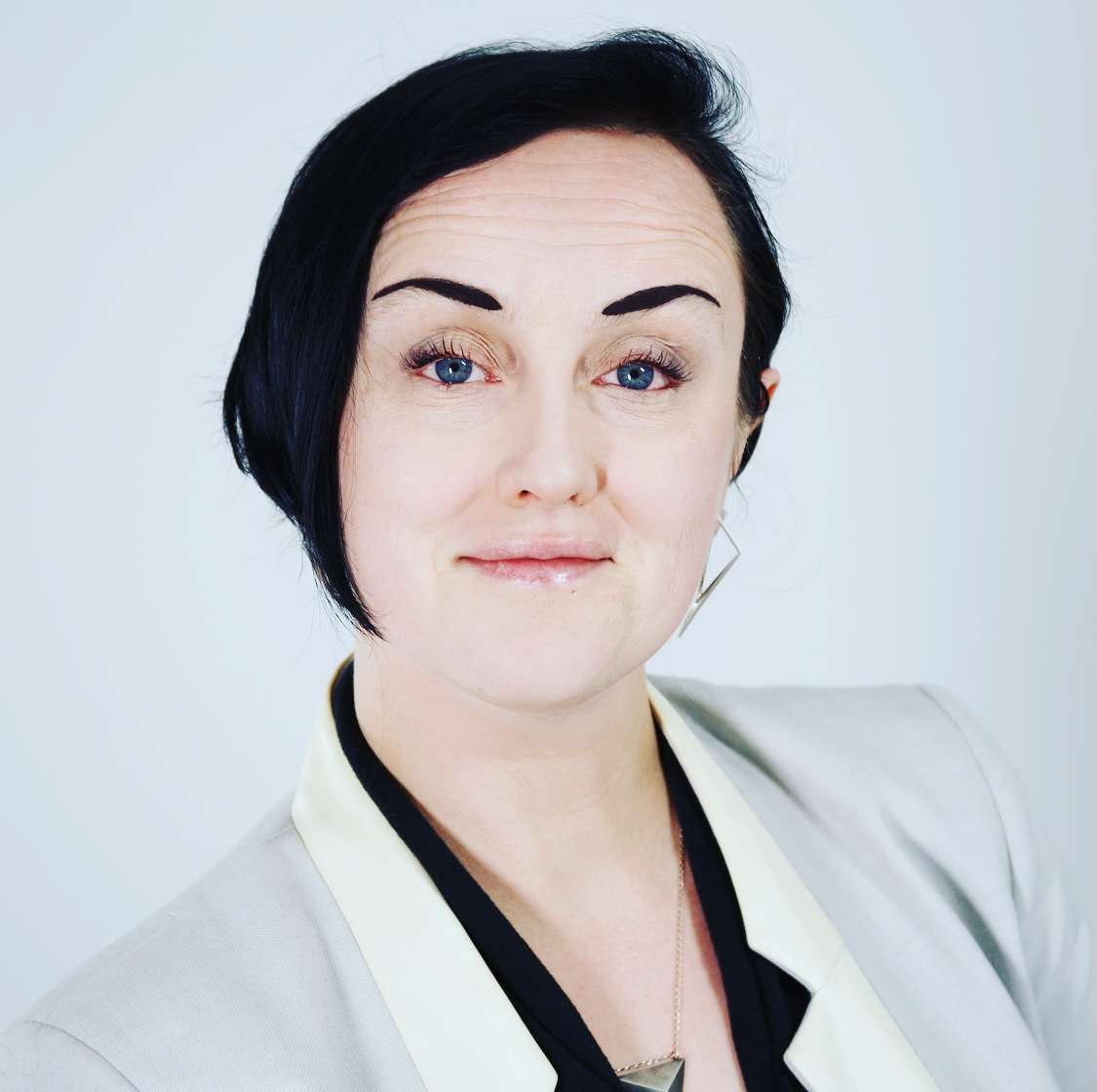
Lila Schallert-Wygal - Ze/Zir
US“Equality is intersectional and gives everyone freedom to be ourselves safely, especially queer kids who are most at risk. Queer civil rights are currently threatened by a rising tide of bills to promote discrimination, criminalize transgender identities and restrict teaching about racism and LGBTQIA+. Our rights are thanks to our elders who stood up for us, and queer kids need our voices - defending our rights and sharing our joy - now more than ever.”
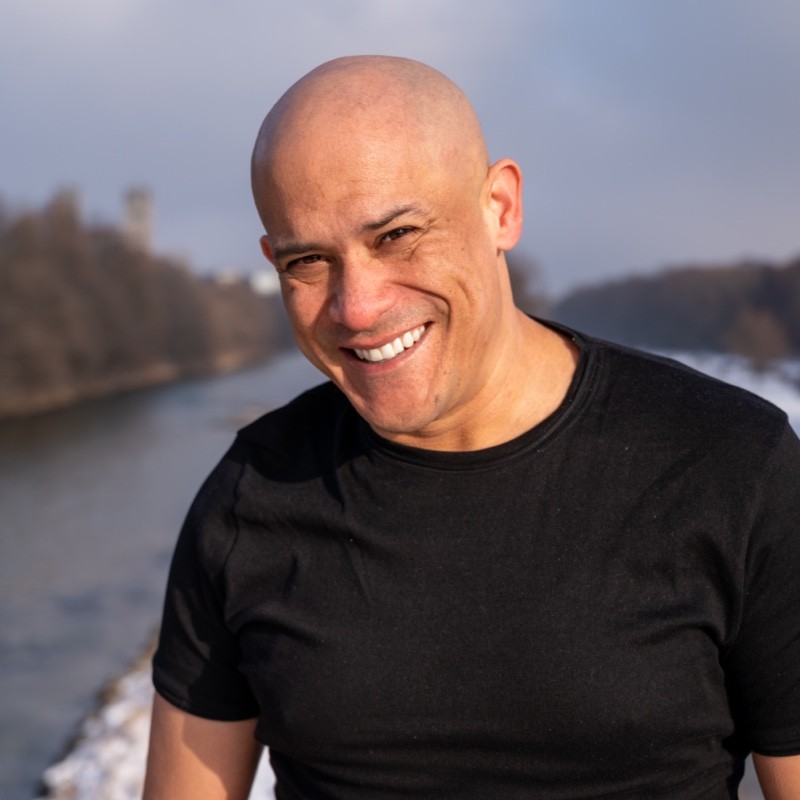
Frank Reta - He/Him
Germany“Many of us can sashay through swung open doors of acceptance and opportunity with grace and ease: doors pried open with the blood, sweat and tears of those before us. In doing so, we have acquired influence, assets and privilege - and while it's very comfortable for us to relish in these it's truly important that we continue to stand in solidarity to not only help those who do not yet have the same, but also to ensure we hold onto what has been achieved so far.”
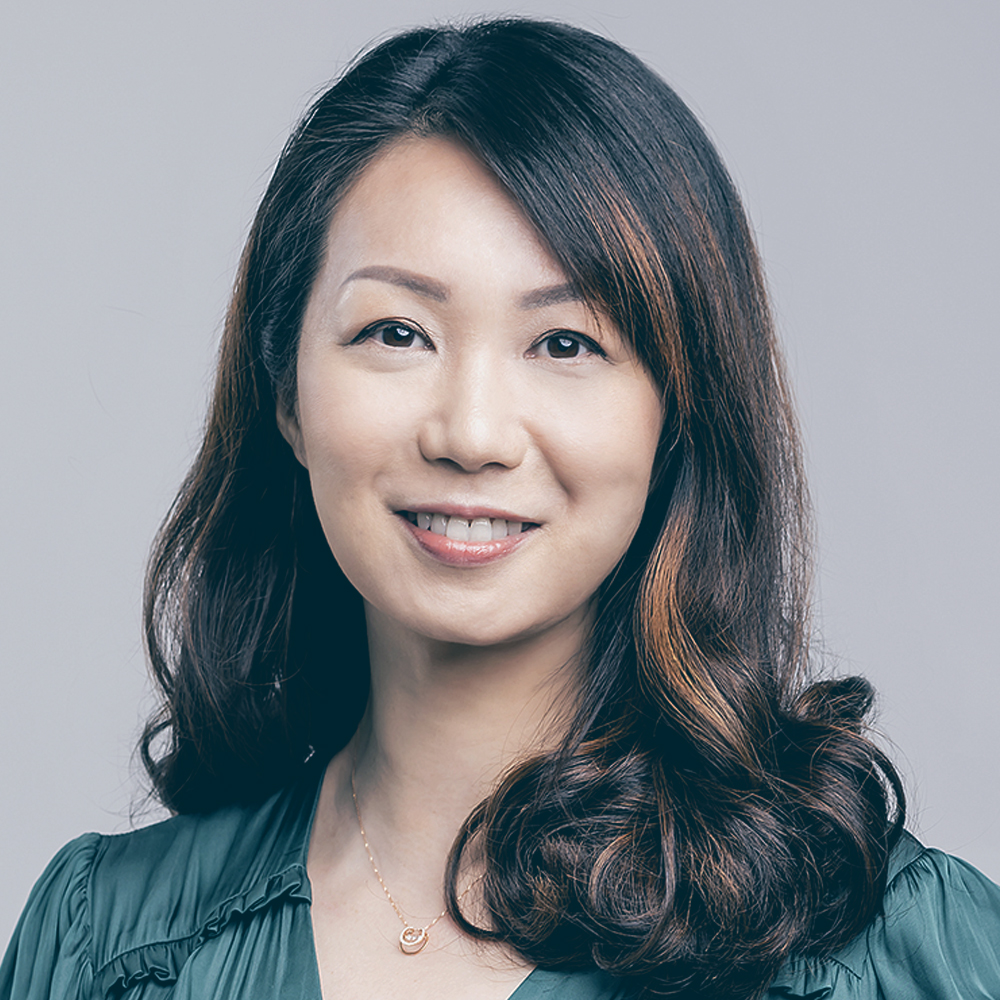
Jessie Xia - She/Her
Singapore“It means that people have empathy for the special needs and challenges of their daily work and life. It means people will provide the support to help them thrive when needed. It means they can feel comfortable to voice diverse views and feel confident to follow their passion without being afraid of being judged for their identities.”
Although every region and individual face distinct challenges – from fighting for minimum legal rights, to pushing for further protections, to garnering societal acceptance – there is a common theme across all regions: we are not finished pushing for change. The struggle is not over.
We band together in solidarity, recognizing that although our challenges vary, we continue to support and uplift each other, marching forward together in this solidarity towards our shared goal of equality for all.
Disclaimer: The statements and opinions expressed in this article are those of the author(s) and do not necessarily reflect the positions of Thoughtworks.


















